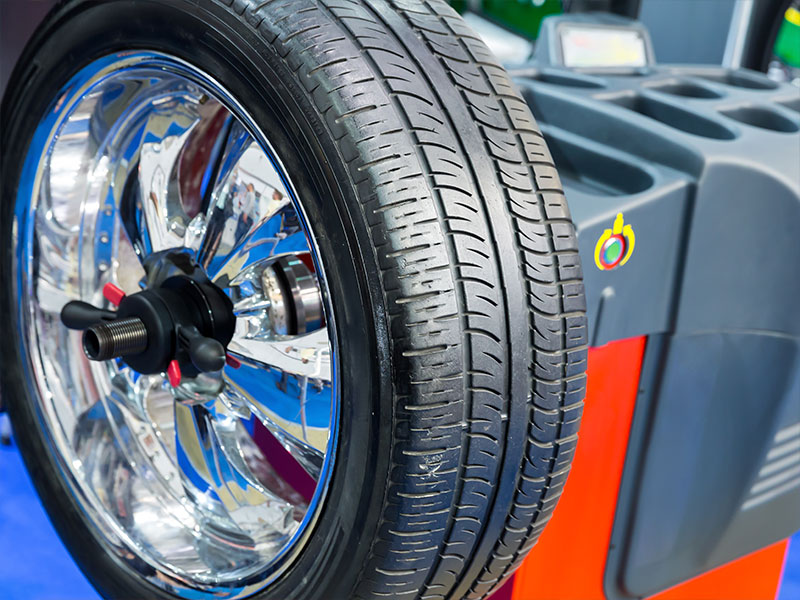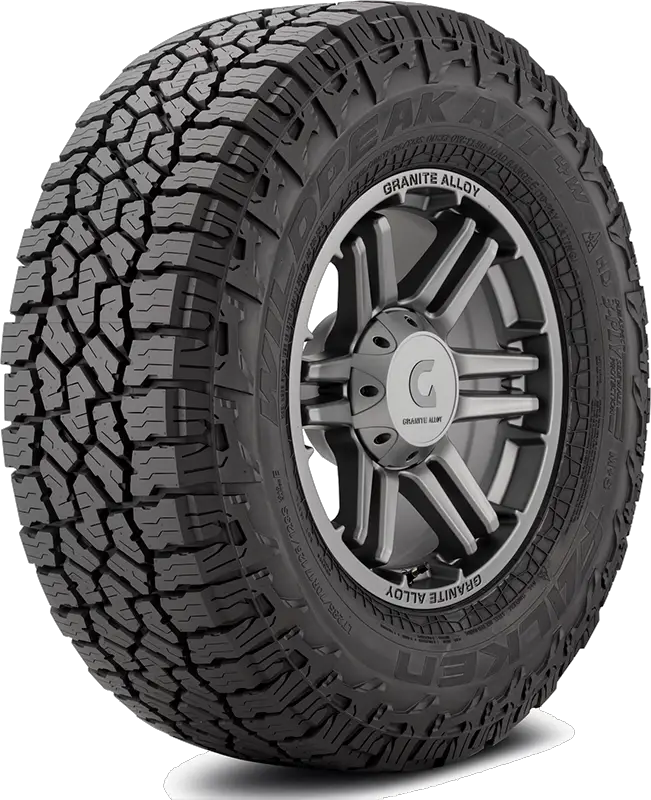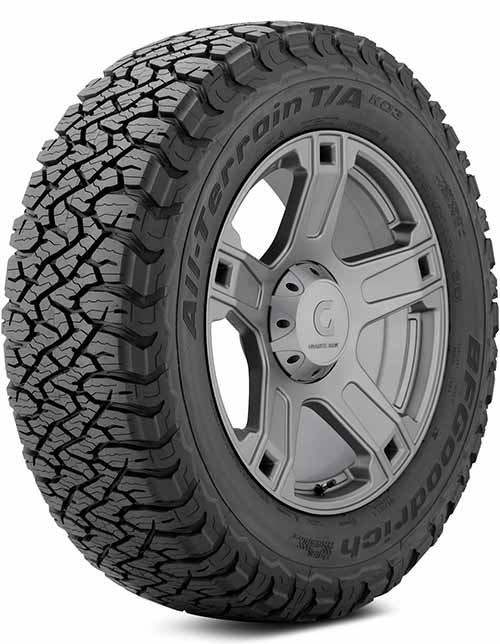Experiencing vibrations in your steering wheel after tire rotation can raise alarm bells for most people. Hearing tire noise and feeling shaking and vibrations shortly after leaving the tire shop is unsettling.
There are a few different reasons you might experience steering vibration after you rotate tires. Most of them are not expensive to solve or big problems. Some can be a little more costly or time consuming to troubleshoot.
Let’s go over all of the causes and solutions to the various reasons you may experience noise and steering vibrations after having your tires rotated.
Steering Wheel Vibration After Tire Rotation
Some steering wheel vibrations after tire rotation is not uncommon and will usually fade within the first 50 miles. If the vibration doesn’t improve or is severe it can be due to tire imbalance, alignment problems, or warped brake rotors due to over-tightened lug nuts.

Why Does My Steering Wheel Shake After Tire Rotation
Most common cause of steering wheel shake after tire rotation is a tire that needs to be rebalanced. This can be from imbalance that occurs as tires wear down or due to losing wheel weights.
It’s also possible that a tire that has been rotated to the front axle has been damaged and is causing the steering wheel vibration.
Slight steering wheel shake after tire rotation can be caused from uneven wear to the tires and should fade over time as the uneven tread wear evens out and the tires settle into their new positions.
Is It Normal For A Steering Wheel To Shake After Tire Rotation
Some steering wheel shake can be normal immediately after tire rotation. Here are some common causes and solutions:
Uneven Wear
The most common reason for mild vibration of your steering wheel after tire rotation is uneven tire wear. This minor vibration and shaking will usually subside after the tires wear in to their new positions.
If you have not had an alignment performed recently and are experiencing vibration and noise after rotating your tires, you should consider having this service performed. Uneven tire wear is often a result of poor alignment and if not corrected, tire rotation alone will not solve the problem.
Tire Balance
Another common source of more prominent shaking and vibration after rotating tires is a problem with a tire being out of balance. Often when a wheel is rotated from the rear to the front axle, a poorly balanced tire will become much more noticeable. Slight imbalances in rear tires are much less noticeable than those connected to the steering wheel.
Tires can loose wheel weights and become unbalanced and cause more severe vibration and shaking. Also, regular wear can cause tires to become unbalanced over time. It’s important to have tires rebalanced occasionally to correct for balance shifts and inspect for loose wheel weights.
Vibration after tire rotation will usually fade after your tires wear into their new positions. If your steering wheel shakes after 50 miles or the shaking gets worse you could have a wheel balance problem. Getting your tires balanced with a road force balance machine can help eliminate this shaking and ensure your tires wear more evenly.
Warped Brake Rotors
Shaking and vibration when braking after tire rotation is often caused by over tightening of lug nuts. Over tightening can cause warping of brake rotors which can cause shaking or vibration as the brake pads pulse against the warped rotor.
Lug nuts usually have a required torque setting to be met when tightening lug nuts. A torque wrench identifies when the proper amount of torque is applied and when you should stop tightening the lug nuts to protect brake rotors, lug nuts, and studs from damage.
Steering Wheel Vibration At High Speeds After Tire Rotation
Vibrations at higher speeds are usually the result of tires that are out of balance. As you accelerate, small imbalances that don’t cause vibrations will become more noticeable as your speed increases.
Often, rear tires rotated to the front that have balance problems are much more noticeable. A minor balance issue is much more difficult to notice on the rear.
If you are experiencing at higher speeds you should consider having your wheels and tires rebalanced with a road force balancer. Road force balance means that the tires are pressed against a surface while they spin to simulate the weight of your car or truck and more accurately balance the wheels and tires at higher speeds.
How Much Steering Wheel Vibration Is Normal?
Anything more than a very slight amount of steering wheel vibration is not normal. Ideally no vibration should be detectable, but it can be difficult to eliminate all vibrations completely.
Trying to remove all hints of vibration in your steering wheel can be a fools errand. Minute vibrations can come and go as tires wear. Also, slight wheel balance problems can amplify at certain speeds and be nearly impossible to completely resolve.
If you have persistent vibration that is prominent, especially at any speed, or gets worse at higher speeds, you should consider an alignment and rebalancing. These tire services will address the main root causes of steering wheel shakes.
Alignment issues cause uneven wear that can cause vibrations and shaking. Once an alignment service has been performed, it will take some time for the tires to wear down and smooth out so don’t expect an immediate result from an alignment.
Rebalancing should make an immediate difference if it is the source of shaking at higher speeds. Improperly balanced tires can also cause uneven wear that will cause vibrations. If the uneven wear is the problem, just as with alignment issues, the tires will need to wear down and smooth out before the vibrations will begin to subside.
Resources
Below are some links you may find helpful when learning about tires
- Why are my tires vibrating? – TireBuyer.com
- Are my tires causing the car to vibrate? – Family Handyman
Final Thoughts
Weird vibrations after having your tires rotated is unfortunately common. If you don’t have your tires properly aligned and balanced you can expect some vibration each time your tires are rotated.
Tire alignment should be performed every 10,000 miles. I also recommend having your tires rebalanced at the same time while you’re already at your local tire shop.
Ensuring that your wheel assemblies are properly balanced (preferably with road force balancing) and aligned will help keep your tire wear even and extend the life if your tire tread.




